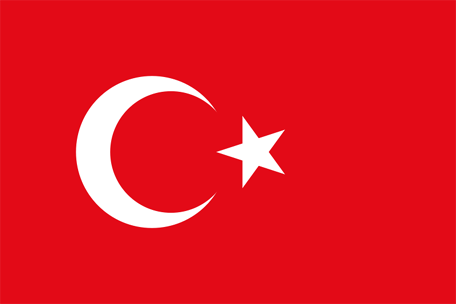Introduction to Trade Related Intellectual Property Rights (TRIPS)
According to abbreviationfinder, Trade Related Intellectual Property Rights (TRIPS) is an agreement under the auspices of the World Trade Organization (WTO) that sets minimum standards for the protection of intellectual property rights in international trade. It was negotiated during the Uruguay Round of the General Agreement on Tariffs and Trade (GATT) between 1989 and 1994, and entered into force on 1 January 1995. TRIPS requires WTO members to provide copyright rights, coverage of technological inventions through patents, protection of distinctive signs such as trademarks, geographical indications, industrial designs, and to implement measures against unfair competition.
The purpose of TRIPS is to ensure that all WTO members provide a minimum level of intellectual property protection in their domestic laws so that there is a uniform level of protection across countries. This helps to promote trade between countries by ensuring that foreign investors have confidence in the legal framework within which they are operating. TRIPS also provides a mechanism for resolving disputes between WTO members over intellectual property issues by establishing a dispute settlement process.
Under TRIPS, all WTO members must grant certain exclusive rights over some types of intellectual property such as copyrights and patents. These exclusive rights give creators or owners control over how their creations can be used or reproduced by others. For example, copyright law gives authors control over how their books can be copied or distributed while patent law gives inventors control over how their inventions can be manufactured or sold. These exclusive rights are granted for certain periods of time so that creators or owners can benefit from them financially before others are able to use or reproduce them without permission.
TRIPS also requires WTO members to protect against unfair competition such as counterfeiting or passing off goods as someone else’s work. This means that companies must take steps to prevent competitors from copying their products without permission or falsely claiming that a product is theirs when it isn’t. For example, trademarks are used by companies to distinguish their products from those made by competitors and thus prevent customers from being misled about who made them and what quality they have.
TRIPS also requires WTO members to protect geographical indications which identify goods as originating in particular places with particular qualities associated with them due to specific factors such as climate or soil conditions. For example, champagne is only allowed to be labelled as such if it has been produced in a certain region in France where it has come to acquire its unique characteristics due to local soil conditions and climate etc.. This helps ensure consumers know what they are buying and that producers get fair rewards for their efforts in producing high quality products associated with particular places
In addition, TRIPS also provides for enforcement measures so that intellectual property rights can be enforced both domestically within each country’s legal system and internationally through dispute settlement procedures at the WTO if necessary. This means that if someone infringes upon another’s intellectual property rights then they may face civil penalties such as damages awards or criminal sanctions depending on the severity of the infringement committed under domestic laws applicable in each country involved in the dispute
Overall, TRIPS provides an important framework for protecting intellectual property rights at an international level so that creators around world can benefit financially from their creations while consumers receive high quality goods associated with particular places which have acquired unique characteristics due its local production.


